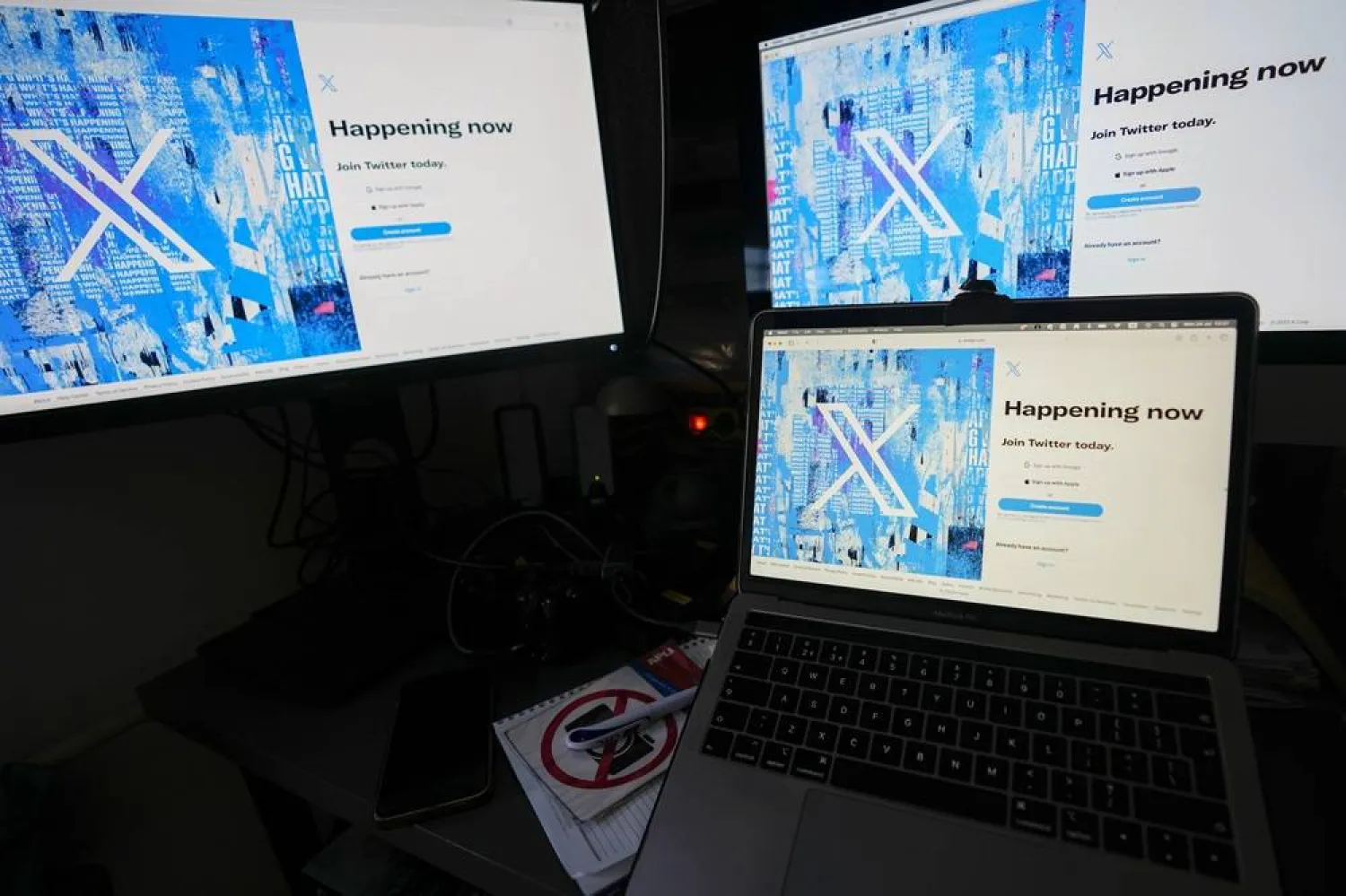Elon Musk's X, the platform formerly known as Twitter, has begun restoring complimentary blue checks for some of its users, the latest unexpected shift to cause a lot of confusion on the platform.
For years, Twitter’s blue checks mirrored verification badges that are common on social media, largely reserved for celebrities, politicians and other influential accounts. That changed months after Musk bought the platform for $44 billion in October 2022.
Last year, X began issuing verification checks only to those who paid the starting price of $8 per month for it, and stripping verification badges from many celebrities and other prominent accounts. That also led to confusion, complaints, and a large number of fake accounts pretending to be someone else, blue check included.
But late Wednesday night and early Thursday, numerous users reported seeing the blue checks return to their accounts, or appear for the first time, despite the fact that they were not paying for “premium” service on X.
Musk said last week that all X accounts with more than 2,500 verified subscriber followers would get Premium features — which includes a checkmark — for free going forward, and that accounts with over 5,000 would get Premium+ for free.
Specific reasoning behind this new policy was not clear. X did not immediately respond to a request by The Associated Press for comment Thursday.
Reactions were mixed. While a handful of users were excited about the verification, others were frustrated.
“What happened? I didn’t pay for this. I would NEVER pay for this,” actress Yvette Nicole Brown, who appeared to be among the prominent names to see a blue check return, wrote in a post Wednesday evening.
As X's blue check has also evolved into what some argue is a signal of support for the platform's new ownership and subscription model, a few other accounts even shared instructions on how to get their newly-placed blue checks removed through settings changes.
Multiple AP staff had also received verification status that they did not pay for or request as of Thursday.
Beyond blue checks, X has faced user and advertiser pushback amid ongoing concerns about content moderation as well as the spread of misinformation and hate speech on the platform, which some researchers say has been on the rise under Musk.
Big-name brands including IBM, NBCUniversal and its parent company Comcast, in November said they would stop advertising on X after a report from liberal advocacy group Media Matters showed their ads appearing alongside material that praised Nazis. Marking yet another setback as X tries to win back ad dollars, the platform's main source of revenue, Musk responded with an expletive-ridden rant accusing the companies of “blackmail” and essentially told them to go away.
X has since also attempted to sue those who have documented the proliferation of hate speech and racism on the platform — including Media Matters and the non-profit Center for Countering Digital Hate. A federal judge dismissed the suit against the center last week.









